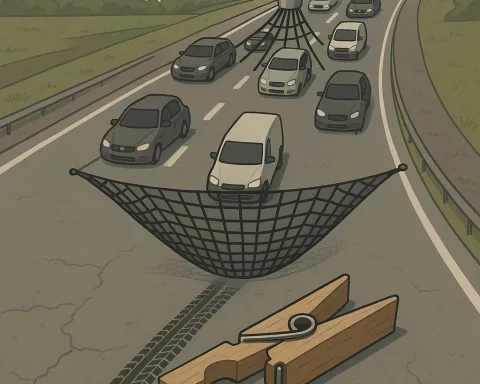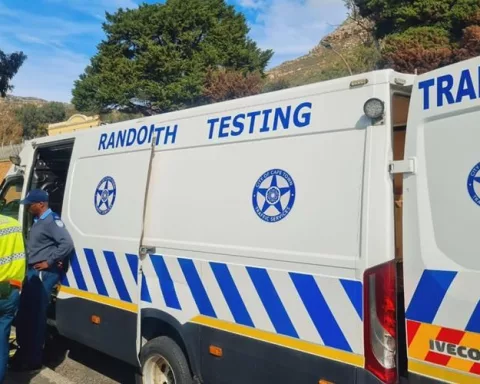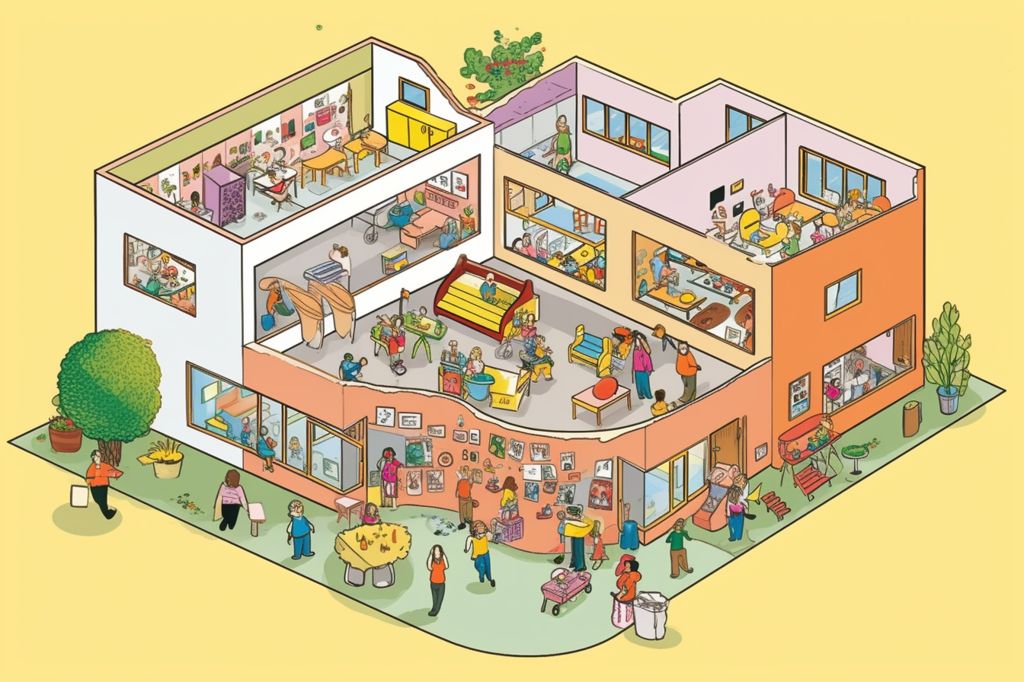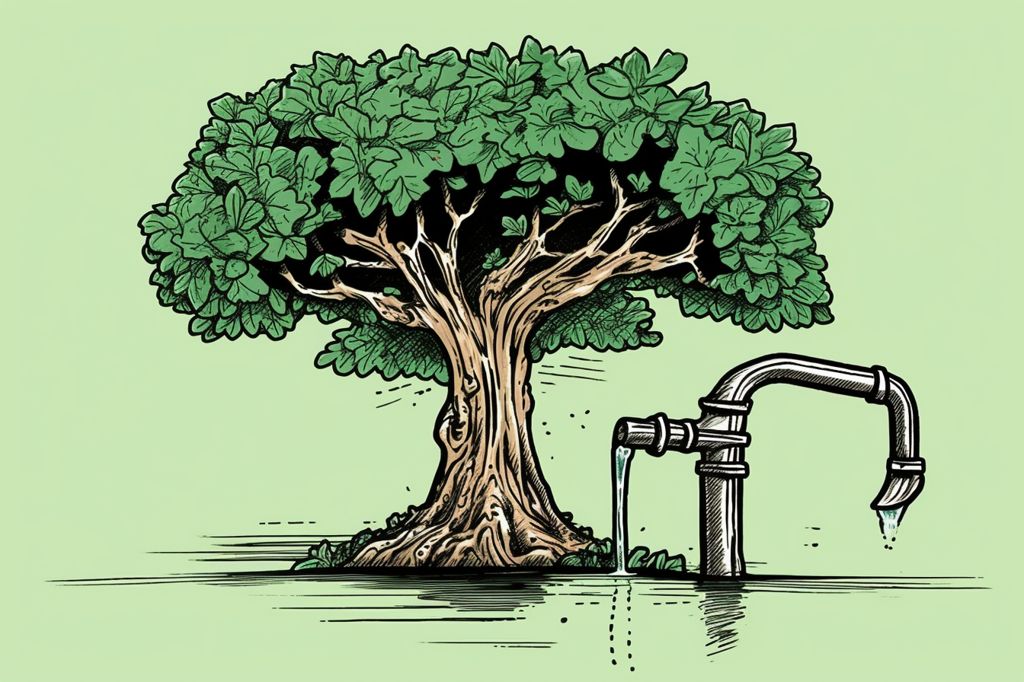As Youth Month kicks off in South Africa, the Road Traffic Management Corporation (RTMC) is calling on the younger generation to prioritize safety on the nation’s roads. With road accidents and injuries posing a significant public health challenge, the RTMC seeks to involve young people in finding innovative solutions to improve road safety.
The Vulnerability of Young People on the Roads
Statistics show that young people aged 20 to 39 are at a higher risk of suffering severe injuries or fatalities in road crashes. In fact, this age group accounted for almost half of the country’s road deaths in 2022. The most affected demographic was individuals between 30 and 39 years old. While there was a slight decrease in road fatalities from the previous year, the numbers remain alarmingly high.
The inexperience of young drivers and their tendency to overestimate their driving abilities make them particularly vulnerable on the roads. Additionally, social expectations and peer pressure can promote risk-taking, while limited self-control, sensitivity to their immediate environment, and a lack of focus on long-term consequences contribute to compromised decision-making skills behind the wheel.
Empowering the Youth to Improve Road Safety
Recognizing the importance of involving the youth in shaping road safety policies, the Global Youth Coalition for Road Safety has called on young South Africans to actively participate in debates and discussions. In response, the RTMC has partnered with various organizations to organize workshops, seminars, dialogues, and exhibitions throughout the month to engage young people in finding sustainable solutions to enhance road safety.
These events provide a platform for young voices to be heard, cultivating a sense of responsibility and empowerment among the youth to encourage responsible road usage. Among the potential strategies to improve road safety are educational programs that teach young drivers defensive driving techniques, the dangers of impaired driving, and the importance of adhering to traffic rules.
Encouraging the use of public transportation and promoting awareness of alternative transportation methods, such as cycling or walking, can also help reduce the risk of accidents. In addition, technological advancements, such as advanced driver assistance systems, autonomous vehicles, and connected car technologies, can play a crucial role in minimizing human error and reducing the likelihood of collisions.
Fostering a Safer and More Sustainable Future
By engaging young people in finding innovative solutions to the country’s road safety challenges, South Africa can foster a safer and more sustainable future for its citizens. The Youth Month celebrations provide an ideal opportunity for the younger generation to take charge, make a difference, and contribute to making the nation’s roads safer for everyone.












